Вы здесь
Dervishes in Turkestan region. Late XIXth and early XXth centuries.

Dervishes in Samarkand.
“Go ahead of the smart one; but behind a fool"
Kyrgyz proverb.
“If you become a beggar dervish, you will reach heights,
If you tear your heart into blood, you will reach heights,
Away, empty dreams of great deeds
Only having mastered yourself - you will reach heights"
Omar Khayyam.
Dervishes in Bukhara.
Dervish (from Persian - "poor man, beggar"), also qalandar or calender - the Muslim analogue of a monk, an ascetic; adherent of Sufism. The respectful name of the Sufi preacher-dervish is ata ("father"). Dervishes are wandering and living in monasteries ("tekie", "khanaka") under the supervision of the sheikh - the guardian of order and the charter of the community.
The dervishes living in the monasteries often wandered, feeding on worldly alms, but periodically returning for joint fasting and prayers. In some cities of Central Asia (for example, in Bukhara, Samarkand, etc.), the city authorities built a khanaka for the dervishes to live on state funds or private donations.
A distinctive feature of the dervish was the lack of property. It was not proper for a dervish to say, for example, "my shoes" or "my so-and-so" - he should not have property, since everything belongs to God. If the dervish owned something, then he was obliged to share it.
If the dervish did not live in poverty, then he compensated for this with generosity and hospitality, when he was ready to give everything to his guest, leaving nothing for himself or even for his family. Sometimes dervishes are ranked among monks - but this is controversial, since the similarity is purely external, since dervishes could marry, had their own homes and lived their own lives.
Beggar.
I heard that a certain dervish, experiencing terrible poverty, sewed a rag to a rag and, to comfort his poor soul, said:
Nothing else is needed - just stale bread and hair shirt
It's easier for me to endure trouble than to borrow from someone else.
Someone told him:
- What are you sitting? Such and such a person in this city is very generous, obedient to the dictates of generosity. He is ready to serve the free dervishes and is, as it were, the gatekeeper of their hearts. If he finds out what your position is, he will consider it an honor to satisfy the desire of the soul of such an honorable person as you!
- Be quiet, - exclaimed the dervish, - it is better to die in poverty than to turn to someone with your need!
I prefer to patch holes, suffer in the corner of patience,
Just do not ask the rich for clothes and dinner.
Truly - why hide - I consider it hellish torment
Ascend to the bliss of paradise with the help of a neighbor.
From the book by Saadi Shirazi "Rose Garden" (Gulistan).
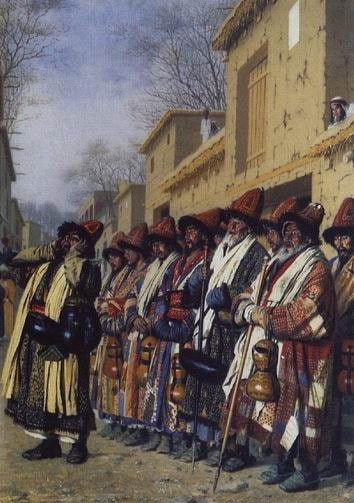
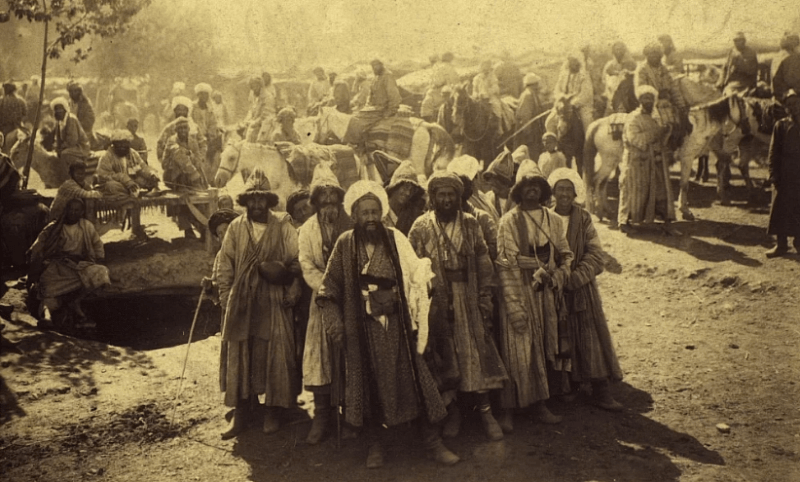
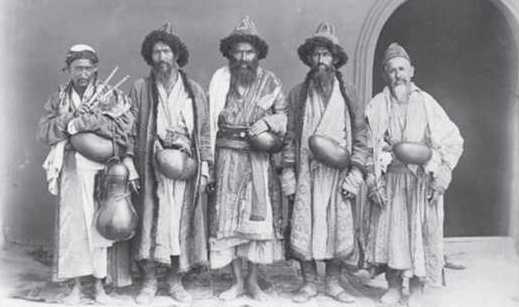
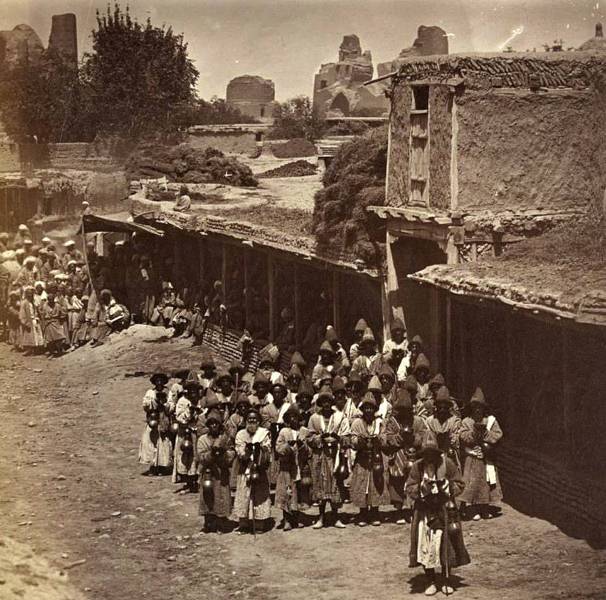
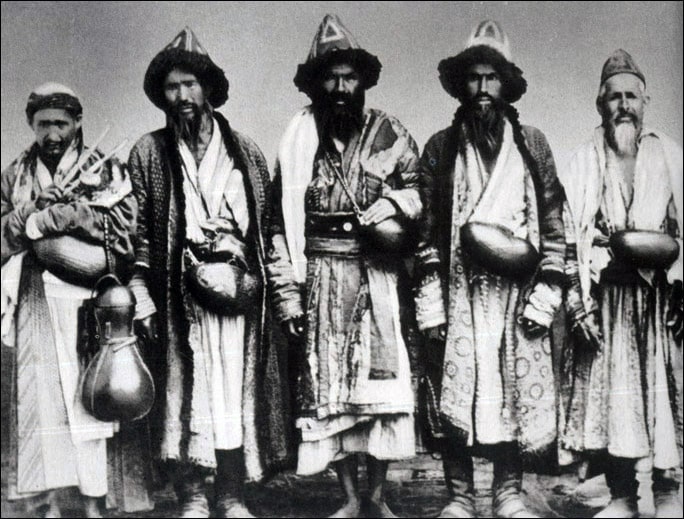
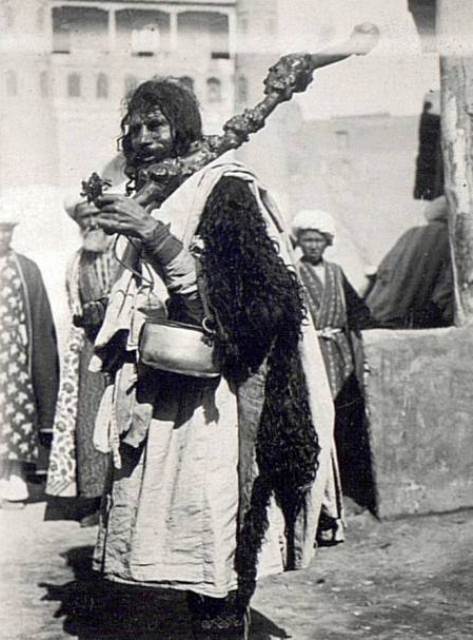
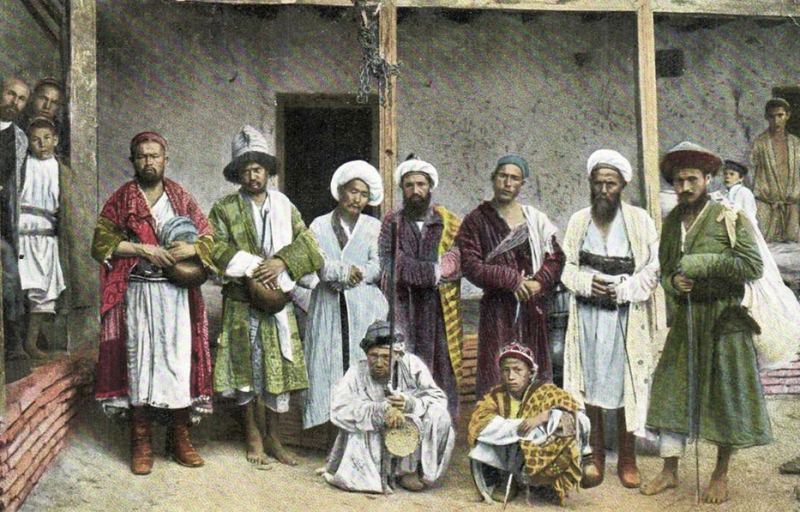
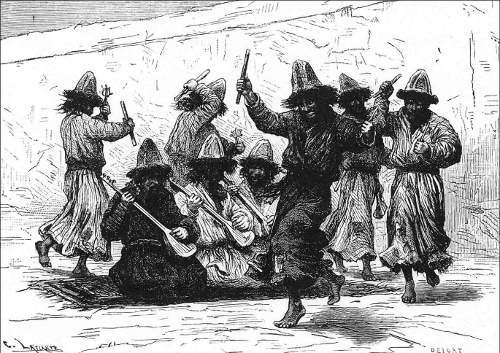
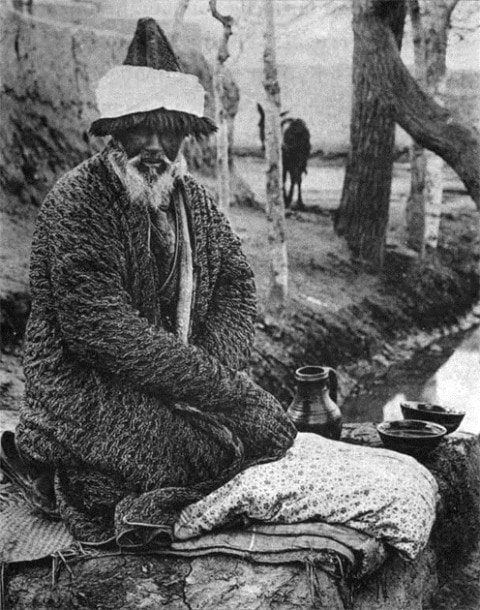
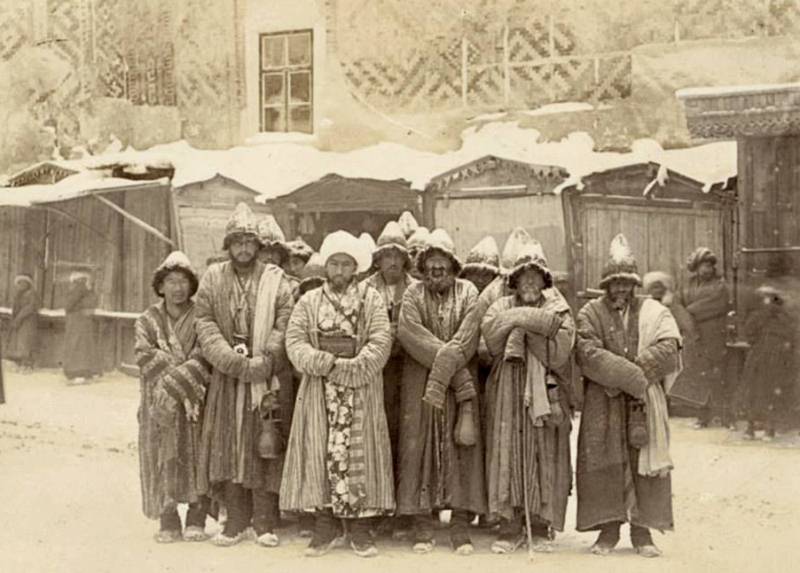
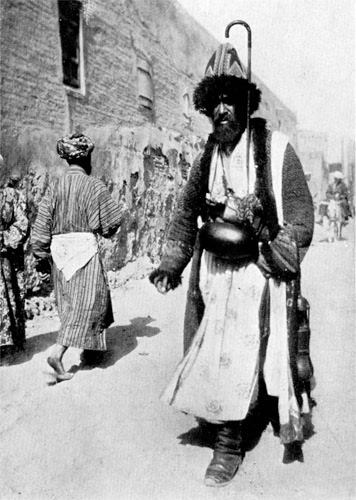
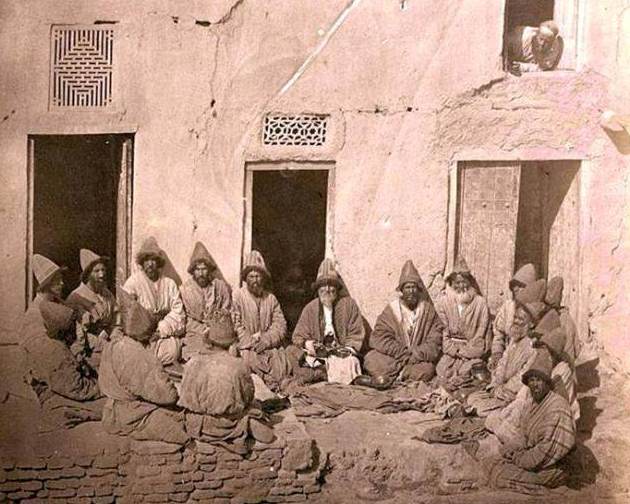
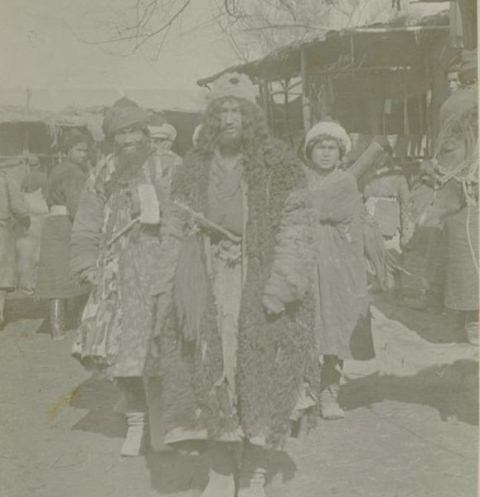
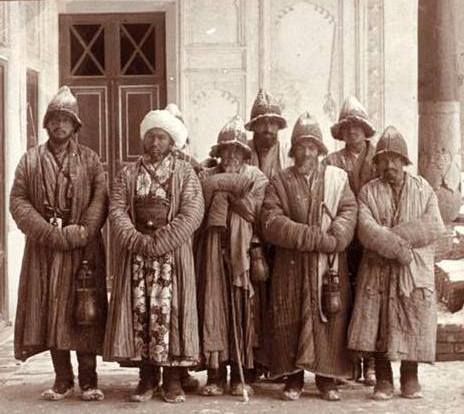
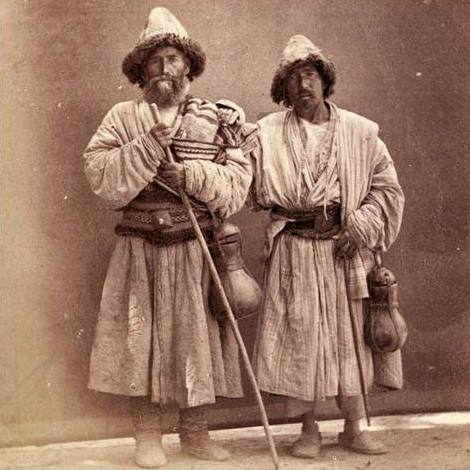
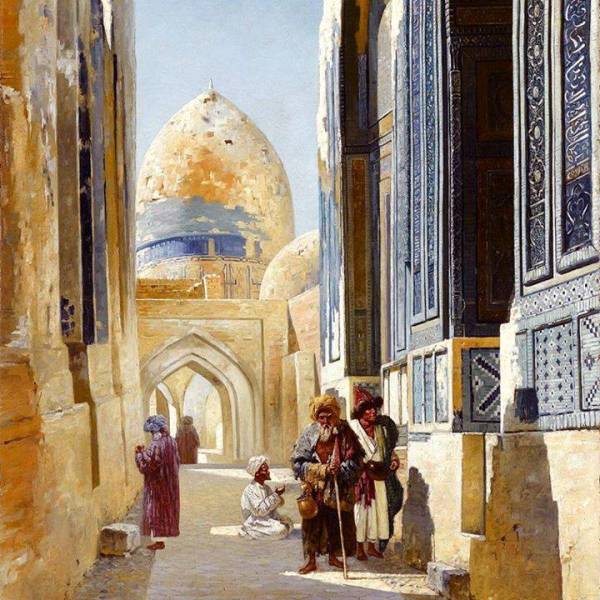
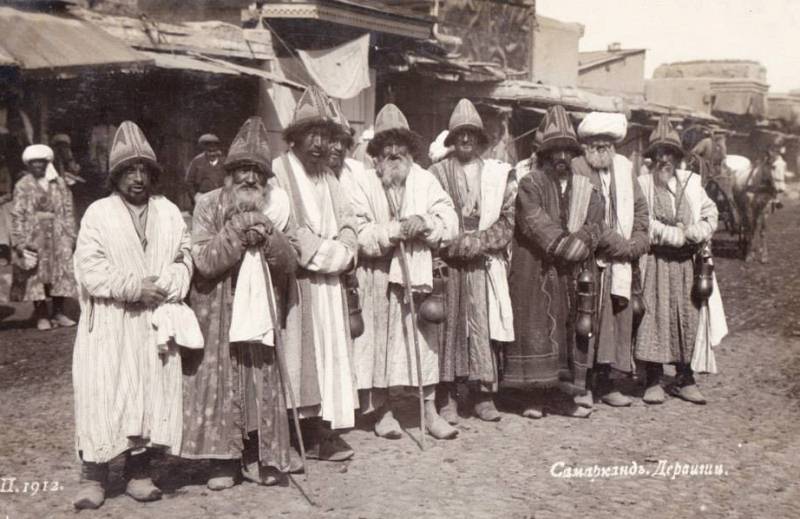
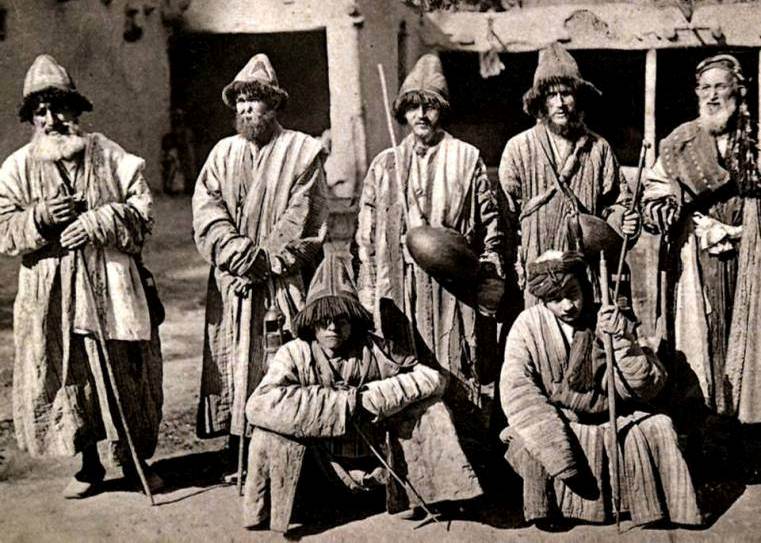
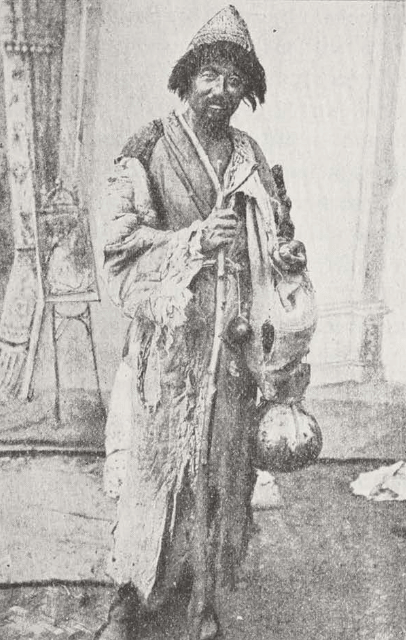
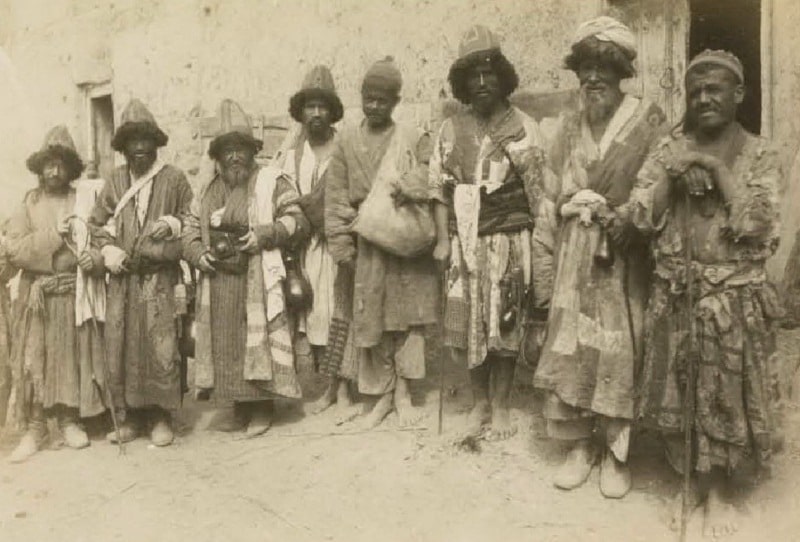
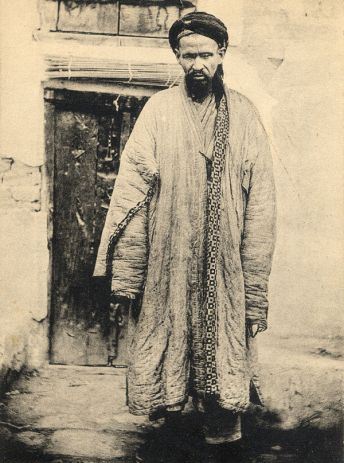
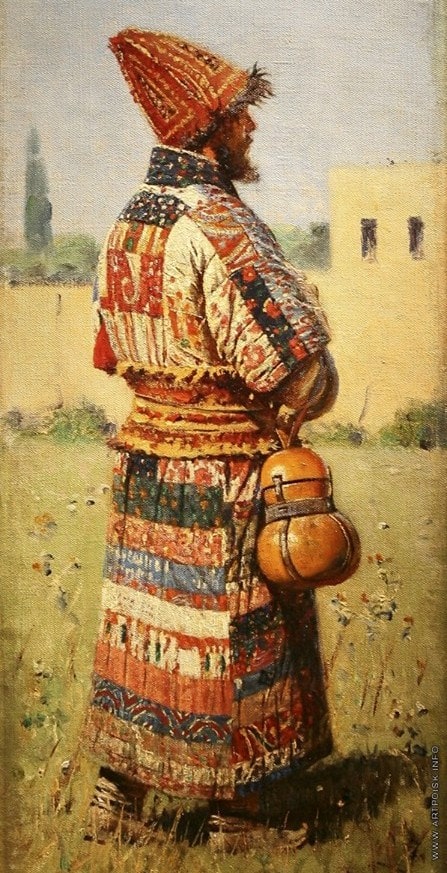
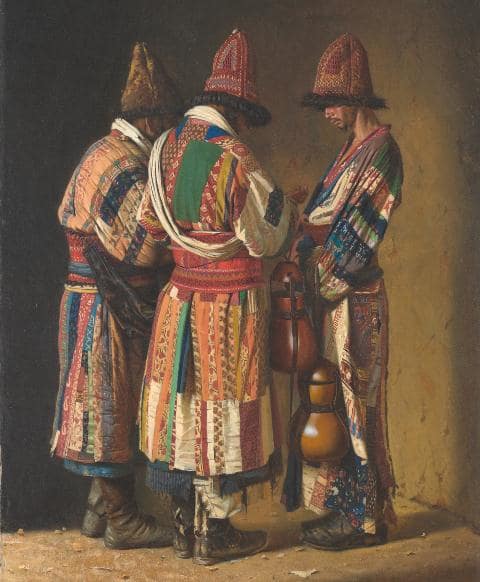
Authority:
https://ru.wikipedia.org/wiki/%D0%94%D0%B5%D1%80%D0%B2%D0%B8%D1%88







